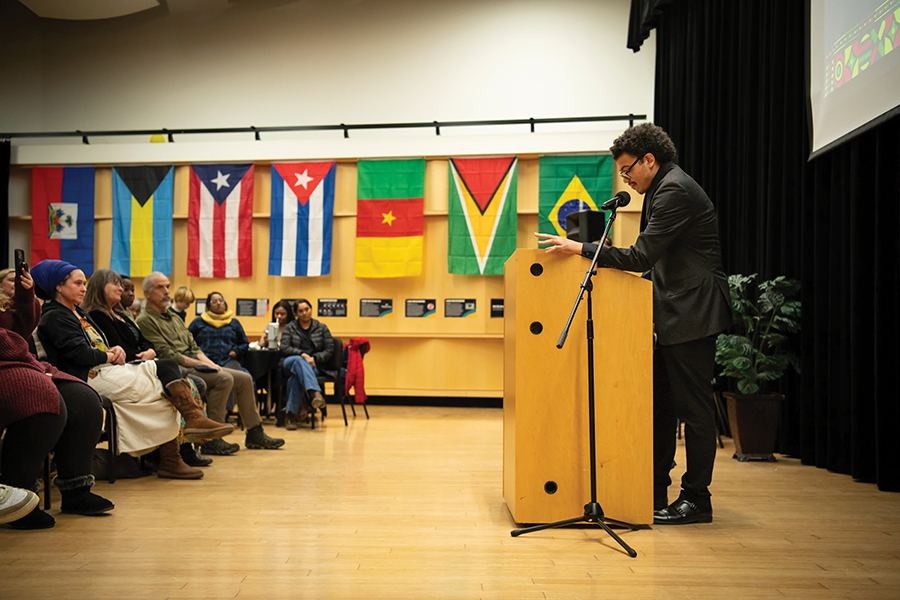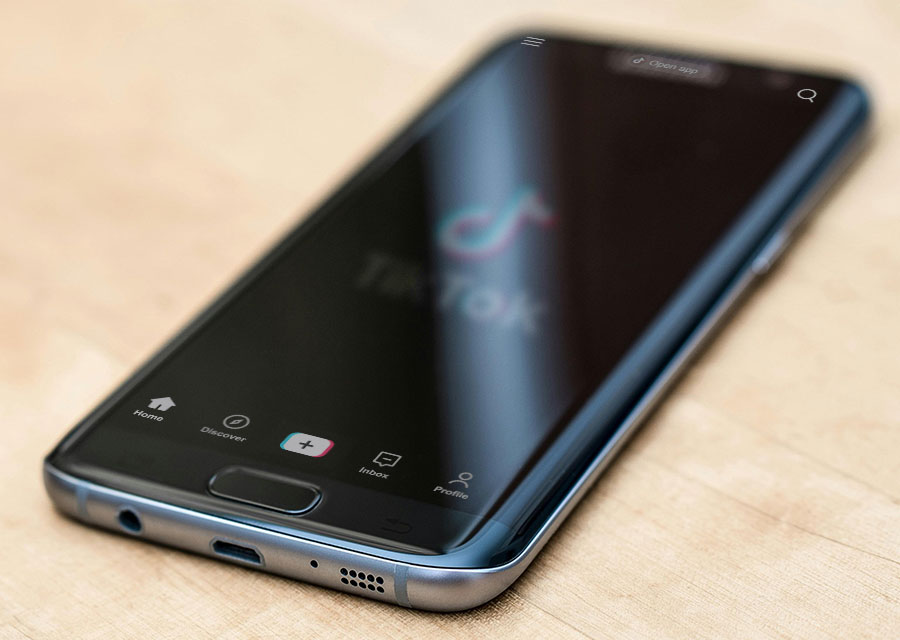By Hannah Welbourn | The Broadside (Contact: [email protected])
LGBTQ+ representation in films and TV was once limited to one flamboyant, over-the-top, token gay character. I’ve grown up in a time to see the transition from these Jack McFarland-esque characters to more complex characters, who are remembered for much more than just being gay. The 2018 film “Love, Simon” was no exception.
The movie was adapted from Becky Albertalli’s book, “Simon vs. the Homo Sapiens Agenda,” and features Nick Robinson as protagonist Simon Spier. Simon is a closeted 17-year-old attending a high school fueled by gossip via blogging websites. His family life is normal for the most part and he has a tight-knit group of friends. At least three times within the first ten minutes of the film, Simon says “I’m just like you.”
Although cliché and simple, making a character relatable to so many young people is already a huge asset to the film’s success, because Simon’s character isn’t just gay. I mean yes, he’s gay, but is that all there is to him? Absolutely not. Simon listens to his music on vinyl, drives a Subaru Outback, and at times reaches cringe-worthy levels of awkward that almost any teen could relate to.
I’m not saying that making a character relatable is revolutionary by any means. However,
representation of all that falls under the LGBTQ+ umbrella is vital for progress. Most people are aware that not all homosexual males are like Cam and Mitchell from “Modern Family.” Even still, showing these characters in a non-stereotypical manner is so important. When a character lacks any personality traits other than flamboyant mannerisms, it strengthens stereotypes and leaves nothing to be learned.
“Love, Simon” can be relatable to more than just teens struggling with their identities. Anyone can take away lessons from the film, such as how much it can mean for someone to come out on their own terms. People are outed every day, in ways as simple as saying “Did you hear so-and-so is gay?”
When Simon is outed, we see how much it affects him through the emotional breakdown that follows. He is forced to come out to his parents before he is ready so they hear it from him. He loses friends. He is mocked in front of the whole school. If he was prepared for any of that to happen, he would have come out already. So many can learn from what can happen when someone is outed before they’re ready.
Parents can also learn from the film. Before Simon comes out, his dad is seen making jokes about why his son doesn’t have a girlfriend and making fun of a “fruity” contestant on “The Bachelor.” Unbeknownst to him, he’s hurting one of the people he loves most. When Simon comes out, his dad has to leave the room. We later learn that it’s because he “should have seen it” and felt remorse for making all of the jokes over the years. I’d bring up the fact that my dad cried during this scene to strengthen my point, but he cries in every movie.
The way Simon’s mom handles his coming out can also be a valuable lesson for parents, as she tells him, “You get to exhale now.” Sobs were heard throughout the theater at this point.
I’m no seasoned film critic or expert on LGBTQ+ issues, but overall, I’d recommend “Love, Simon” to anyone who loves a romantic comedy with a good soundtrack (seriously, it’s good). Personally, I saw it twice. If it didn’t cost me half my savings and my first-born child to go to the theaters, I’d go again. Beyond just being an instant classic for young adults, it contains messages that anyone can learn from, and that’s what makes it such a success in my eyes. ■














